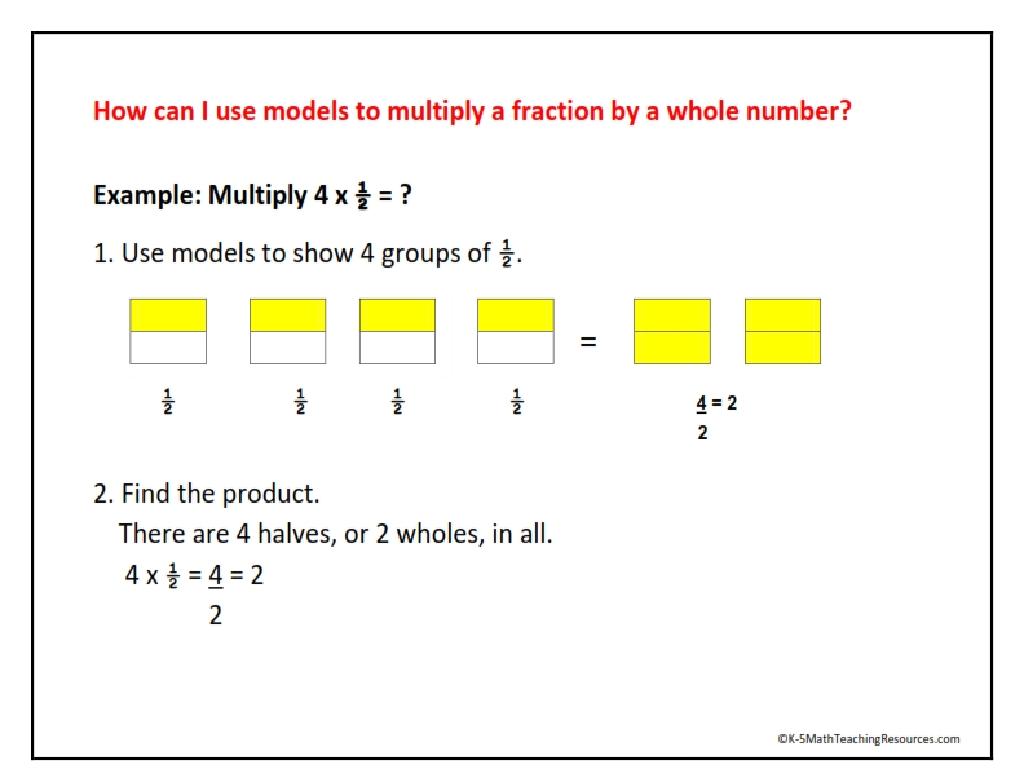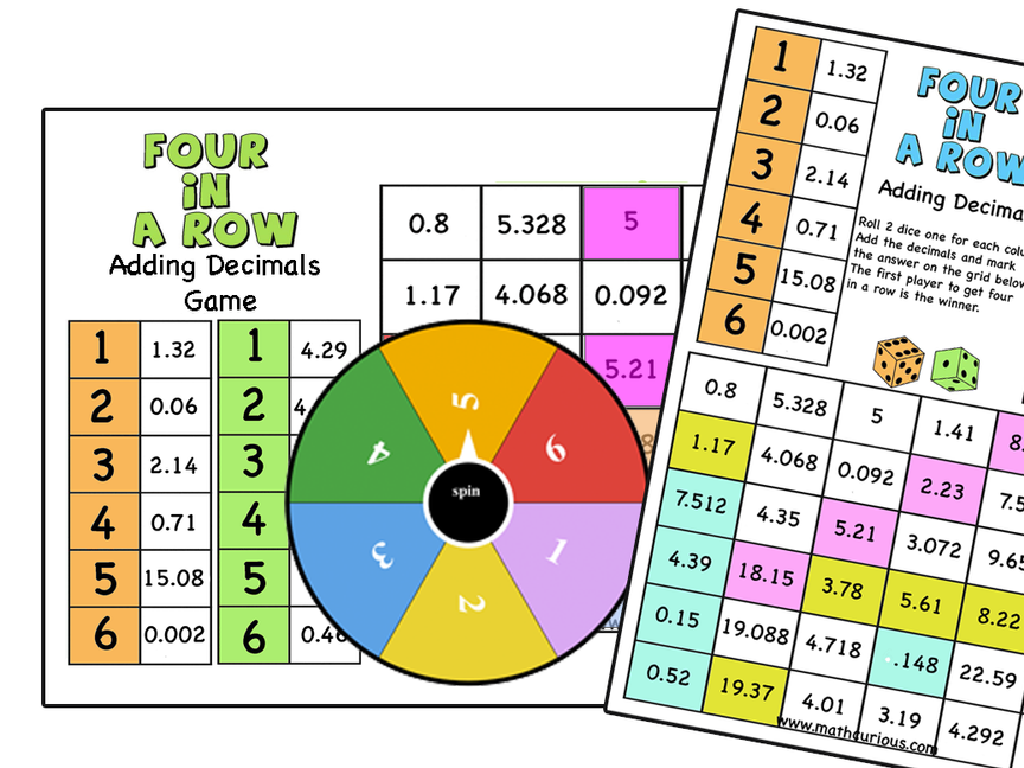Causes Of The American Revolution: New Taxes And Colonial Response
Subject: Social studies
Grade: Seventh grade
Topic: The American Revolution
Please LOG IN to download the presentation. Access is available to registered users only.
View More Content
Roots of Rebellion: Causes of the American Revolution
– Tensions between Britain and Colonies
– British debts from wars led to taxing the colonies, causing strain.
– New taxes imposed on colonists
– Stamp Act, Tea Act imposed without colonial representation.
– Colonial protests and responses
– Boycotts, Boston Tea Party as acts of defiance.
– Acts leading to revolution
– Intolerable Acts, skirmishes at Lexington and Concord ignited conflict.
|
This slide introduces students to the complex causes of the American Revolution, emphasizing the tension between Great Britain and the American colonies. It’s crucial to explain how the British government sought to alleviate debts from previous wars by taxing the colonies, which led to widespread discontent as these taxes were levied without any form of colonial representation in Parliament. Highlight key events and legislation that fueled the revolutionary spirit, such as the Stamp Act, Tea Act, and the subsequent colonial protests including boycotts and the Boston Tea Party. Conclude with how Britain’s harsh response with the Intolerable Acts and the early battles of the Revolution set the stage for a full-scale war for independence. Encourage students to consider how these events are interconnected and how they collectively led to the decision to seek independence.
Colonial America Before the Revolution
– Overview of Colonial America
– A look back at the 13 colonies and their origins
– Daily life in the colonies
– Farming, trade, and self-governance were the norm
– Colonies-Britain relationship
– Initially cooperative, with Britain providing protection
– Seeds of discontent
– Taxation without representation began to strain ties
|
This slide aims to provide students with a foundational understanding of what life was like in Colonial America before the onset of the American Revolution. It’s important to highlight the diversity of the original 13 colonies, their economic activities, and their early governance systems. Emphasize the initially positive relationship with Britain, which provided military protection and trade opportunities. However, as Britain imposed new taxes without colonial representation in Parliament, dissatisfaction grew among colonists, setting the stage for the revolutionary movement. Encourage students to consider how they would feel if they were taxed without having a say, to make the historical context more relatable.
New Taxes and Colonial Unrest
– The Sugar Act’s effects
– Imposed on molasses, it affected trade and angered merchants.
– The Stamp Act ignites anger
– Required stamps on documents, seen as direct taxation without consent.
– Britain’s rationale for taxes
– To cover debts from the French and Indian War, Britain taxed the colonies.
– Colonial response to taxation
– Protests and boycotts showed colonists’ resistance to British policies.
|
This slide delves into the specific taxes that contributed to the American Revolution. The Sugar Act of 1764, which placed a tax on molasses, was one of the first to affect the colonies economically and provoke discontent, particularly among merchants. The Stamp Act of 1765 was even more inflammatory, as it was seen as a direct tax on the colonists without their consent, leading to widespread protest. Britain felt justified in imposing these taxes to cover the massive debts incurred during the French and Indian War, expecting the colonies to share the burden. The colonists, however, responded with a unified front of boycotts and protests, laying the groundwork for the revolutionary movement. Encourage students to consider the perspective of both the British and the colonists, and discuss how these taxes played a role in the larger context of the American Revolution.
Colonial Response to New Taxes
– Boycotts as a form of protest
– Refusing to buy British goods to hurt their economy
– The Sons of Liberty
– A secret society formed to oppose British policies
– ‘No taxation without representation’
– A rallying cry for colonists demanding a say in their taxes
– Impact of colonial actions
|
This slide explores the various ways colonists responded to new British taxes. Boycotts were a popular form of protest where colonists would refuse to purchase British goods, aiming to impact the British economy. The Sons of Liberty, a secret society, played a significant role in organizing protests and spreading colonial dissent. The phrase ‘No taxation without representation’ became a powerful slogan that encapsulated the colonists’ demand for a voice in the British Parliament regarding tax decisions. The collective impact of these actions set the stage for increasing tensions that eventually led to the American Revolution. Encourage students to think about the effectiveness of these forms of protest and how they might feel in a similar situation.
Escalation to Revolution: Key Events
– The Boston Massacre’s impact
– A clash between colonists and British soldiers that fueled anti-British sentiments.
– Significance of the Boston Tea Party
– A protest against tea taxes that led to harsh British laws.
– The Intolerable Acts’ consequences
– British laws meant to punish colonists that instead intensified resistance.
– First Continental Congress unity
– Delegates from 12 colonies met to discuss and respond to British policies.
|
This slide highlights the pivotal events that escalated tensions leading to the American Revolution. The Boston Massacre is presented as a catalyst that stirred public opinion against British rule. The Boston Tea Party is depicted as a direct action against taxation without representation, leading to the Intolerable Acts, which were punitive laws that further united the colonies against British interference. The formation of the First Continental Congress marks the colonies’ first step towards a unified front. Students should understand how these events are interconnected and how they contributed to the colonies’ eventual decision to seek independence. Discuss each event’s significance and encourage students to think about the colonial perspective during these times.
Role-Play Debate: Taxation Without Representation
– Divide into Parliament vs. Colonists
– Debate tax justifications
– Why did Britain impose taxes? Why did colonies oppose?
– Present arguments and counterarguments
– Use historical facts and emotional appeals
– Reflect on the historical perspectives
– Understand both British and Colonial viewpoints
|
This class activity is designed to engage students in a role-play debate to understand the differing perspectives on the new taxes that led to the American Revolution. By dividing the class into British Parliament members and Colonial Leaders, students will delve into the historical arguments surrounding taxation without representation. Encourage students to research and prepare their arguments, focusing on the rationale behind Britain’s need to tax the colonies and the colonies’ demand for self-governance. This activity will help students develop critical thinking and public speaking skills while gaining a deeper understanding of the complexities of historical events. Possible activities include preparing speeches, creating posters, or writing position papers to support their assigned roles.
Reflecting on the American Revolution
– Summarize key revolution causes
– Taxation without representation, Acts imposed on colonies, and colonial protests.
– Impact on freedom and governance
– These events highlight the struggle for rights and self-governance, influencing modern democracy.
– Homework: Colonist diary entry
– Imagine living in the colonies; express thoughts and feelings about the new taxes in a diary format.
|
As we conclude our study of the American Revolution, it’s important to summarize the key causes such as the imposition of new taxes without colonial representation, and the various Acts that led to widespread protest. Reflect on how these historical events have shaped contemporary ideas of freedom and governance, emphasizing the value of democratic principles that emerged from this period. For homework, students will write a diary entry from the perspective of a colonist during the time of the new taxes, allowing them to empathize with the colonists’ experiences and understand the personal impact of these events. This activity will help students connect emotionally with the historical content and develop a deeper understanding of the period.






